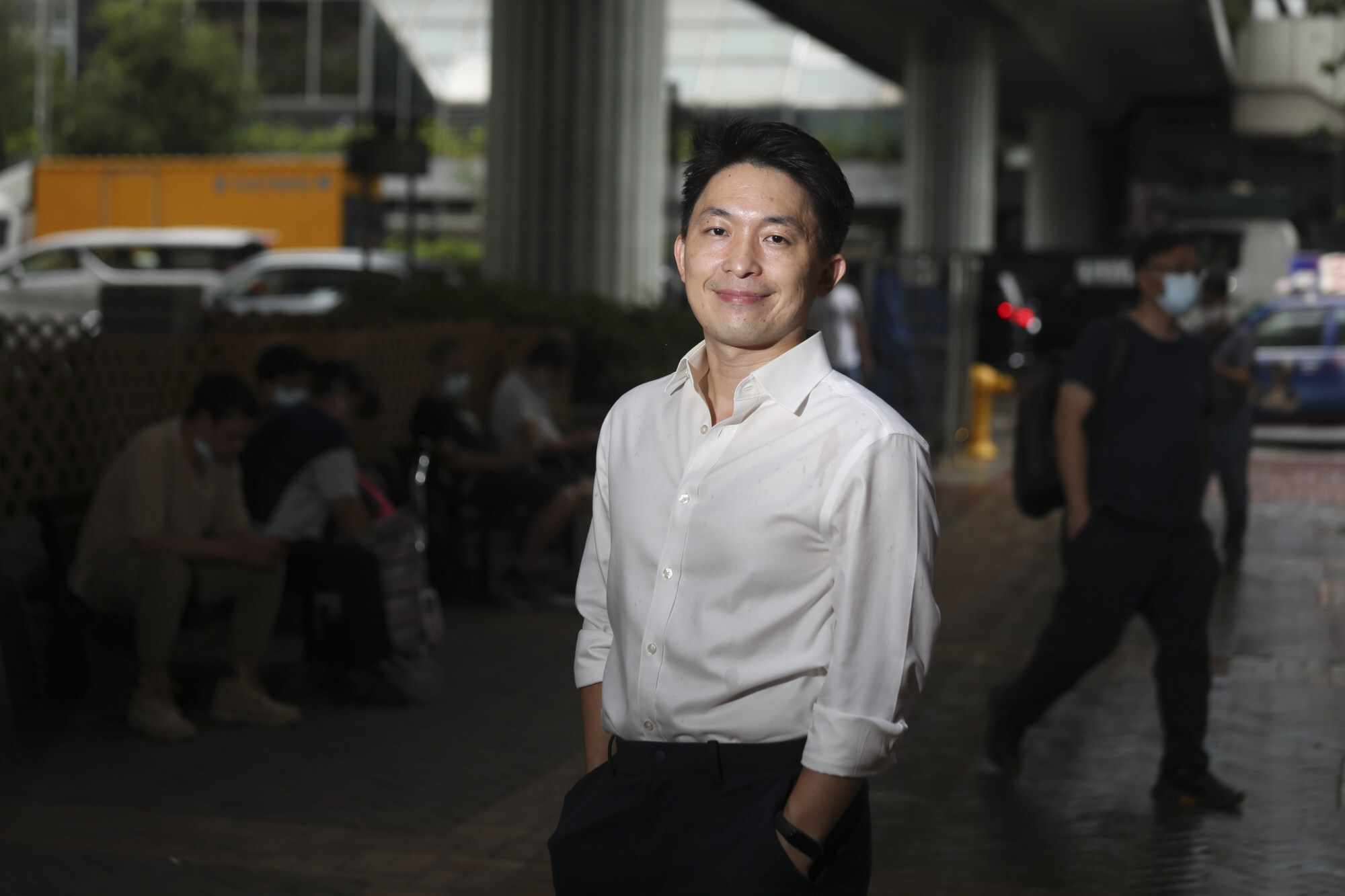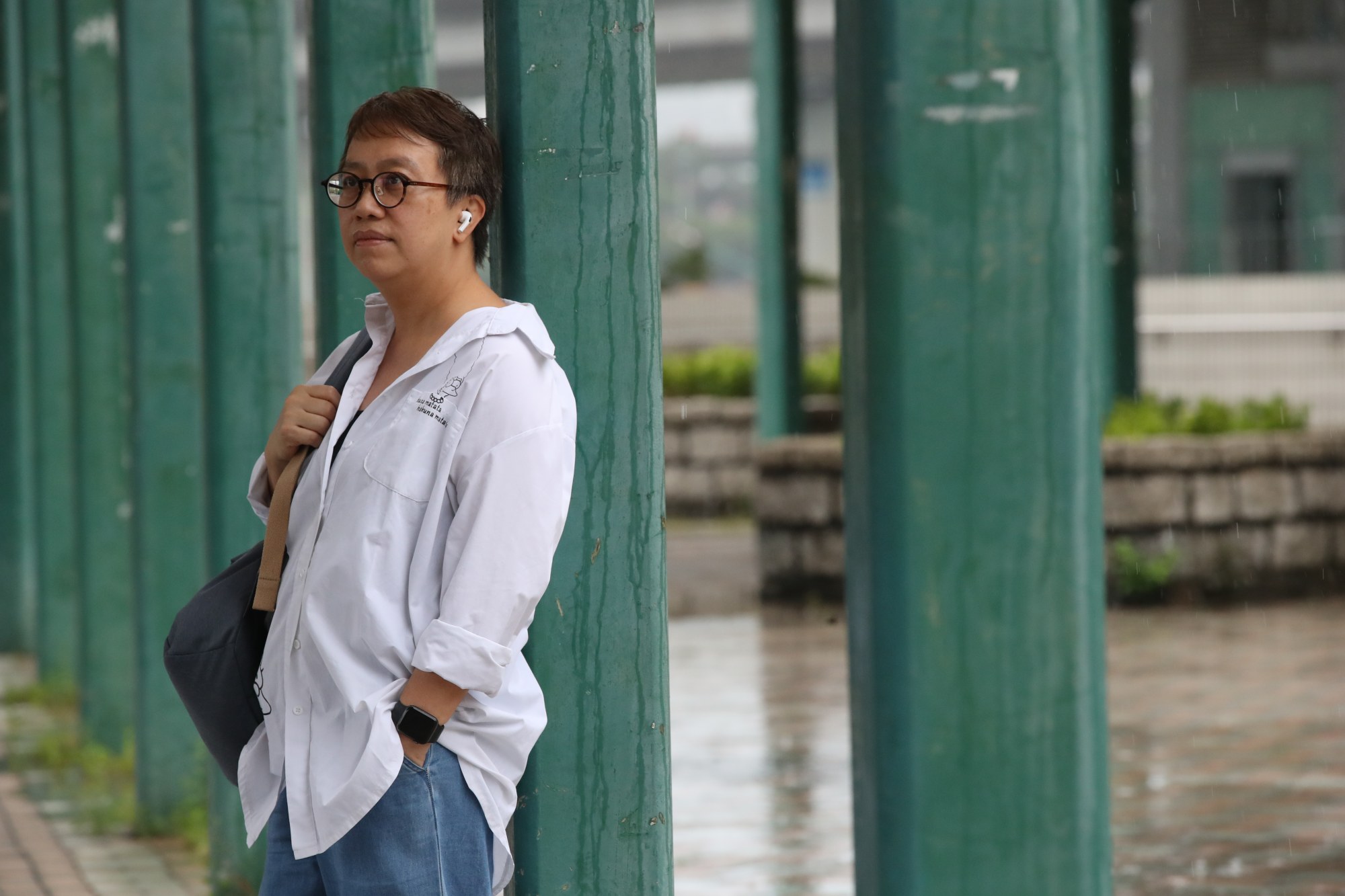
Elderly left behind in Hong Kong as families emigrate get help from charities
- Nearly 90,000 people left Hong Kong in 12 months, most under 55 years old. Some have left behind parents and grandparents who will need help as they get older
- New and existing charities have programmes planned or in place to meet the specific health, social and care needs of this group of older Hongkongers
Welfare organisations in Hong Kong are working on initiatives to support senior citizens whose children have emigrated in the city’s recent exodus.
The Census and Statistics Department found in mid-August that 89,200 Hong Kong residents had left the city in the past year. A breakdown of the numbers by age group showed that the people who have left are predominantly younger; 89 per cent of those who have left are aged between 15 and 55. In contrast, only 4.2 per cent were over 65.
“The numbers show that people who have left the city are disproportionately young, and that the elderly in Hong Kong will be left behind,” says Professor Paul Yip Siu-fai, professor of social work and social administration at the University of Hong Kong.

While resources to help senior citizens already exist, a recent non-profit organisation, Silvermorph Charity, plans to run a pilot project that particularly caters for the elderly parents of younger emigrants.
Jordan Yeng Man-chiu, the charity’s co-founder, who is also a home manager at Fook Yen Home for the Aged in North Point on Hong Kong Island, says the idea for the NGO was hatched after Silvermorph co-founder Kenny Tsang moved to Britain. Tsang was concerned about the welfare of his parents, who had decided to stay in Hong Kong.
Hong Kong’s elderly face uncertain future, less support as children emigrate
Tsang’s parents decided to stay for the same sort of reasons as other elderly Hongkongers who have made the same choice.
“I am happy to support my children moving overseas, because my grandchildren would ultimately benefit. At the same time, however, I am very sad to have no children around when the social support on elderly care is so limited in Hong Kong,” Tsang’s father, Sunny, 76, added.

Through the charity’s first project, Yeng and Tsang plan to provide a two-tiered service for Hongkongers whose younger relatives have emigrated.
The first is periodic visits by social workers to the elderly residents’ homes to help them with various chores.
The second part of the project will relate more to health care. Social workers will help family members abroad by following up on any medical emergencies faced by their elderly relatives left in Hong Kong. Yeng says the two-tiered system will be fine-tuned and begin operating in the coming months.
Nearly 65,000 Hongkongers have applied for BN(O) visa scheme so far
However, senior citizens could need different types of immediate help that are not housing-related. “Elderly-care homes are more of a last resort for the really old and frail, so it is unsurprising that there isn’t an immediate surge in demand,” says Yeng.
Some smaller charities have already started catering to elderly residents’ immediate needs – essentially targeting senior citizens who might not need to enter an elderly- care home yet, but are still in need of support.

ComHome, an organisation that provides a hospital escort service and home visit service to elderly residents, is one of them.
Connie Ko Kwan-yin, a social worker at ComHome, said that people who have moved away from Hong Kong find the charity’s help very valuable.
“Through our ‘long-distance care’ service, we escort the elderly to hospitals and help their family overseas link up real-time with them,” she says. “We also help families abroad consult the doctor and make medical decisions for the elderly.”
The essential frailty of life in elderly care homes
She says that when younger Hongkongers decide to emigrate, they look for better home-care or support services for their parents.
“Even without the impact of emigration, there are not enough elderly-care services available for the ageing population in Hong Kong,” Ko says. “Although not a huge number of people are using ComHome’s services from abroad at the moment, I believe this is just the beginning of a trend.”
Yeng is sure the need for these services will increase in the future.
“Elderly citizens who are left behind require not only physical but psychological help,” he says. “We have to think about how we will fill that gap left by the soaring migration. It’s only a matter of time before the need will arise in a more serious sense, but it definitely will come.”

